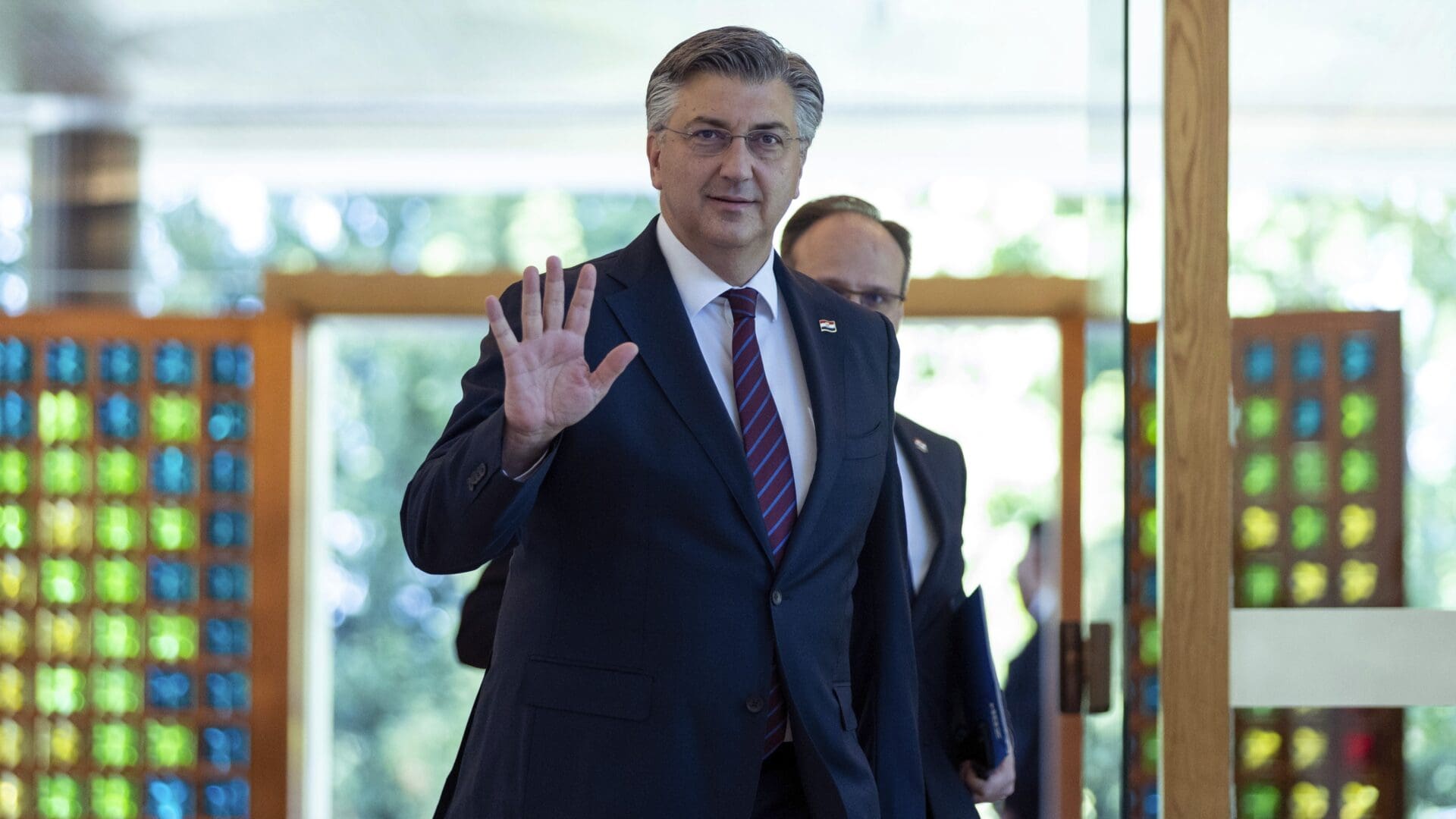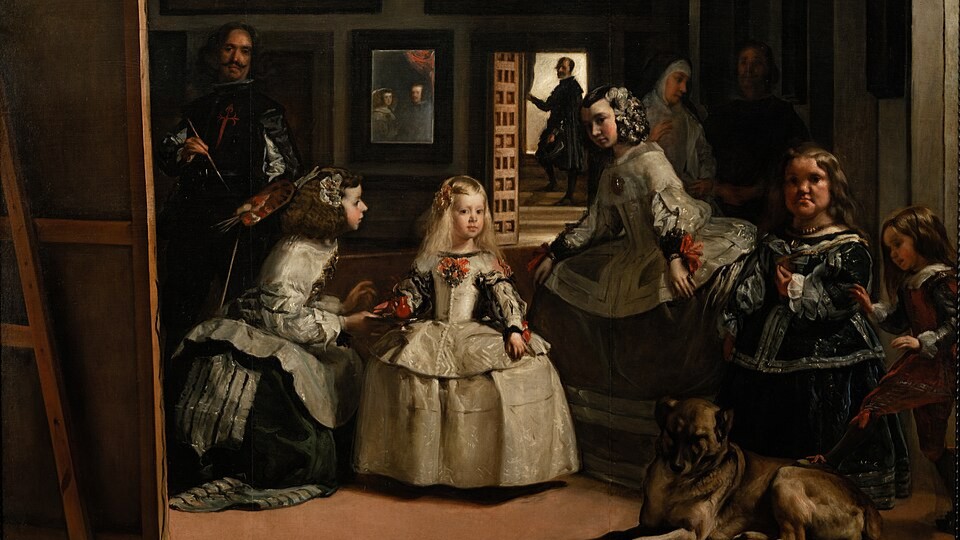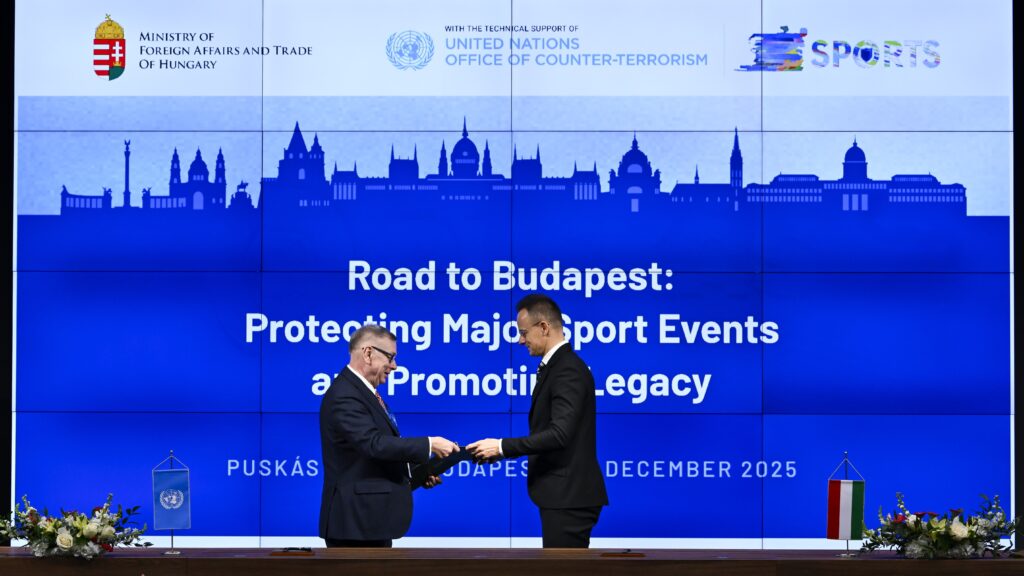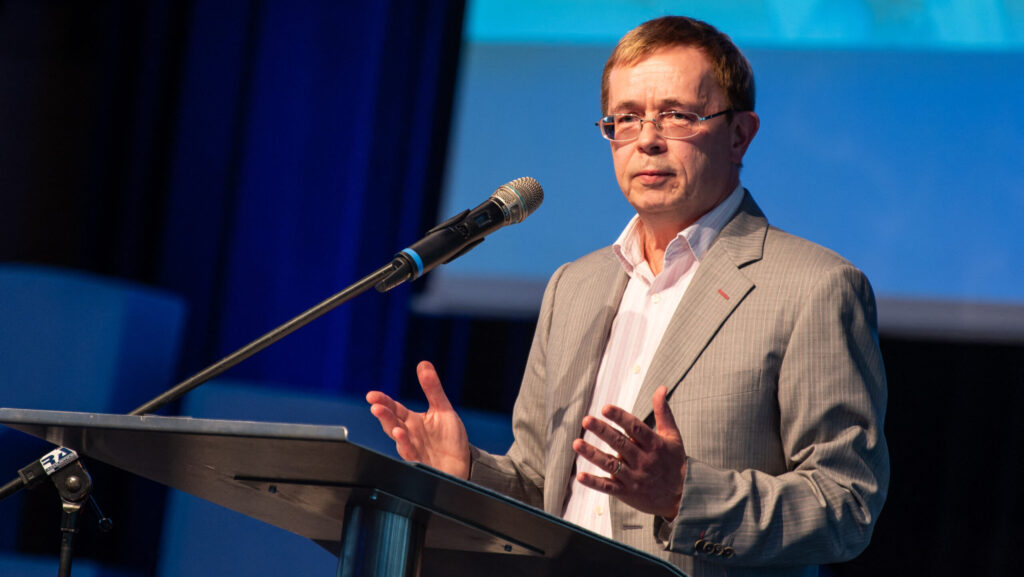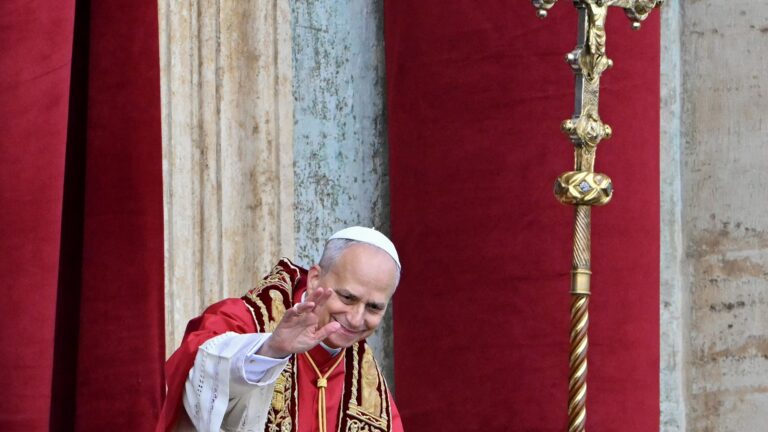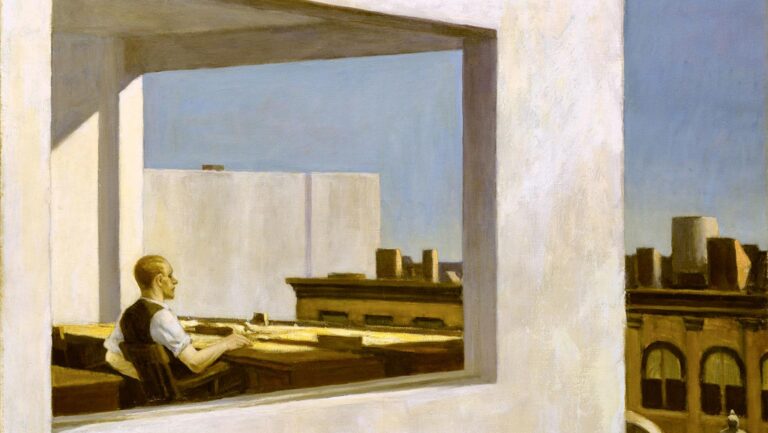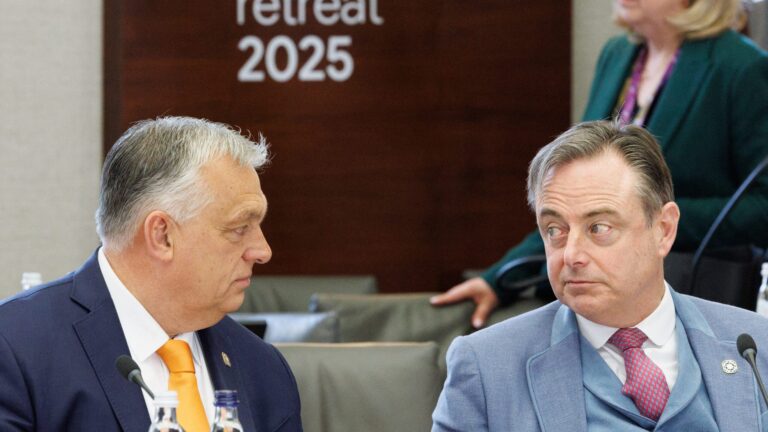The centre-right Croatian Democratic Union (HDZ) came out on top in the April general election in Croatia, forming a coalition with the Homeland Movement. HDZ is likely to repeat the win in the June European Parliament elections.
Elections were held in Croatia on 17 April 2024 to elect the members of the 11th Croatian Parliament, known in Croatian as the Sabor. The coalition led by Prime Minister Andrej Plenković of the Croatian Democratic Union (HDZ) won the race, albeit it initially fell short of a parliamentary majority, securing only 61 out of 151 seats, fewer than the 76 seats needed.
In the April election just over 3,523,000 voters were registered, including those residing in Croatia and Croatians living abroad, with the majority of the latter group living in neighbouring Bosnia and Herzegovina. However, in total only some 2,180,000 votes were actually cast, of which only around 2,121,000 were valid, with more than 59,000 ballots left blank or spoilt in some other way. According to the Croatian parliamentary election system, Croatian voters can choose candidates for 12 constituencies. Else than 140 seats representing ten territorial constituencies,
there are also eight seats in parliament that are reserved for the representatives of national minorities, including Hungarians
(represented by the Horvátországi Magyarok Demokratikus Közössége, Democratic Union of Hungarians in Croatia, and being granted one seat in the recent election), as well as Serbs, Romani and Bosnians. Moreover, three seats are reserved for the Croatian diaspora, adding up to 151 seats in total. The Hungarian representative siting in the Croatian Sabor is Robert Jankovics, who is also the head of the Democratic Union of Hungarians in Croatia. Immediately after the voting, Minister of Foreign Affairs and Trade Péter Szijjártó congratulated Jankovics on his re-election. Jankovics has been a member of the Croatian parliament since 2016.
Notwithstanding their victory, the situation looked tougher for the conservatives than before—not only had they lost six seats in the parliament compared to the previous election in 2020, but then faced difficult coalition talks to form a majority government. Furthermore, the centre-left coalition named Rivers of Justice, coalescing around the Social Democratic Party, HDZ’s main opponent, came in second, winning 42 seats. SDP is known for having connections to the Croatian President, Zoran Milanović, who was the president of the party until 2016. Albeit this time it was not Milanović SDP nominated as its candidate for prime minister but Peđa Grbin, he nonetheless was understood to be an important figure in the Rivers of Justice coalition.
The President took an active role in the election campaign, rallying the opposition against the incumbent prime minister, and doing everything possible to prevent the success of HDZ.
On numerous occasions Zoran Milanović accused Plenković of being the ‘godfather of crime’,
alluding to the recent appointment of the country’s new chief prosecutor who is supposedly tied to some corruption suspects. Plenković in turn called his rival a ‘coward’ and accused him of violating the constitution by not resigning as President to stand for election, even despite the fact the top court of Croatia had ordered him to do so.
The third biggest group in the parliament now following the elections is the coalition led by the Homeland Movement (Domovinski Pokret), which now presides over 14 seats compared to the previously held 12. Similarly to HDZ, the Homeland Movement is also a right-wing formation, albeit much more Croatian nationalism-based. The group played a key role in the coalition-building efforts of HDZ. Following the indecisive parliamentary elections, the Croatian Democratic Union struck a deal with the Homeland Movement and thus managed to forge a new majority governmental coalition. It was on 9 May Prime Minister Andrej Plenković announced that the necessary number of seats had been gathered to form a new and stable government. According to the coalition agreement, HDZ will give the ministers for the Ministry of Internal Affairs and Culture, while the Homeland Movement (which entered the government for the first time since its existence) is to give the ministers of the Ministry of Agriculture, Demography and one of the ministers of the Ministry of Economy (which has two departments).
The HDZ-led coalition won 34.4 per cent of the votes in the general election, while the Rivers of Justice got 25.4 per cent of the vote, with a turnout of 62.3 per cent. These results give a hint as to what the outcome of the upcoming European Parliament elections may be. (In the EP HDZ is part of the European People’s Party, while SDP is a member of the Progressive Alliance of Socialists and Democrats (S&D).)
Back in 2019, in the European elections both HDZ and SDP achieved around 22 per cent of the vote, thereby both parties won four seats each in the European Parliament. Precedent shows that if two elections are held shortly after each other the party that won the first election is likely to slightly improve its vote share in the subsequent election. In other words,
HDZ is expected to keep its first place or even perform better in the European than in the national election.
In preparation for the political race Andrej Plenković, who has been Croatia’s Prime Minister since 2016, has already been named as the lead candidate on HDZ’s list for the upcoming EP elections. Just like many other European politicians who have led their countries for an extended period of time (for instance, Jean-Claude Juncker who served as Luxembourg’s Prime Minister between 1995 and 2013) it seems Plenković also feels the urge to move on from leading his country to conquering European politics. His candidacy for a position in Brussels is supported by the steps Croatia took during his terms in office in terms of integration—Croatia not only joined the Schengen zone but also adopted the euro under his premiership.
Read more on Croatia–Hungary:

